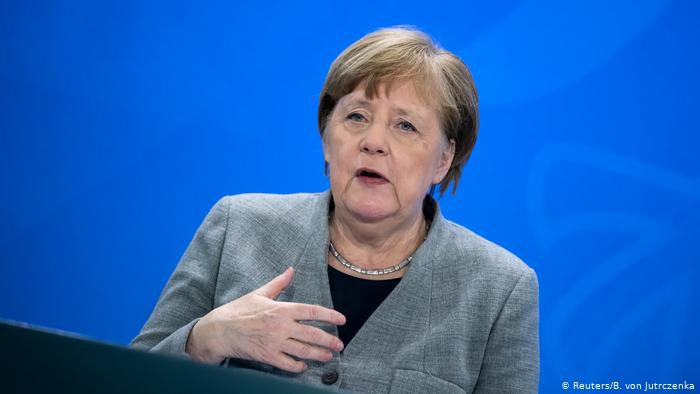
There has long been debate about the new elections that are planned to take place in Germany, no second semester of 2021. With the end of the term of Angela Merkel, who completed 12 years as Chancellor of Germany, the concern with the results of the new elections is growing in the contemporary international political scene. Born in Hamburg in 1954, the German leader started her career in the world of politics in 1989 entering the Democratic Awakening movement, which lasted until the reunification of West Germany with East Germany in 1990. Merkel is still in the political arena to this day. However, she reached her highest level of recognition and power only when she took over as chancellor of Germany for the CDU, no year of 2005.
Angela Merkel is affiliated with Christian Social Union parties (CDU) and the Bavarian Christian Social Union (CSU), which have areas of activity focused on liberal policies. With the growth of far-right parties, as a consequence of xenophobic and nationalist movements in the German political scene, several liberal immigration policies emerged., that allowed the entry of hundreds of thousands of immigrants and refugees in the country. In addition, there is a concern on the part of the population and congress that national security could be strongly affected..
It is worth mentioning the estimates that indicate the great space that the German Green Party has been taking in relation to electoral polls. Your influence grows more and more, mainly because of the proposals guided by the party, that focus on environmental aspects and sustainable development, generating some sympathy from voters, whose concerns are focused on aspects of natural preservation.
As one of the most influential women in politics, Merkel has become a symbol of the struggle for female equality on the political scene, although she did not address issues related to the subject in question during her administration.. Germany's development and leadership in the current context of the European Union only reinforces the Chancellor's importance in international politics. The German Federation is one of the most prosperous countries in Europe, and even after being directly involved in two world wars and suffering the impacts of the Cold War, in addition to being divided into two nations by 45 years, Germany grows economically, what makes the country stand out within the EU.
In general, a CDU, under the leadership of Merkel, maintained the liberal and social democratic principles of Germany, despite the limitations of his administration in the migration and progressive policies of left-wing parties in his coalitions. Even after several economic crises and with the current European migration crisis, Germany still remains relatively stable and is regarded as the leader of the European Union. The future is uncertain, however, com Armin Laschet, current minister of state of the Rhineland, being appointed as leader of the CDU, its ability to maintain stable German leadership is imprecise.
REFERENCES
Or Balloon. "Germany starts to consider the ultra-right as the main threat to national security". 4 from May of 2021. Available: https://oglobo.globo.com/mundo/alemanha-passa-considerar-ultradireita-como-principal-ameaca-seguranca-nacional-25002682 Access in: 14 from May of 2021
Deutsche Welle. "German Green Party Maintains Favoritism to Succeed Merkel". 08 from May of 2021. Available in.
https://www.dw.com/pt-br/partido-verde-alem%C3%A3o-mant%C3%A9m-favoritismo-para-suceder-merkel/a-57468351. Access in: 14 from May of 2021
BBC. “Merkel says German multicultural society has failed”. 17 October 2010. Available in: https://www.bbc.com/news/world-europe-11559451 Access in: 14 from May of 2021
MEYERS-BELKIN, Haxie. “Germany’s CDU backs Armin Laschet as Merkel’s successor.” 20 April 2021. Available in:
https://www.france24.com/en/europe/20210420-germany-s-cdu-backs-armin-laschet-as-merkel-s-successor Access in: 15 from May of 2021
Authors: Priscila Cesarino and Thomas Bauer Corsaro
